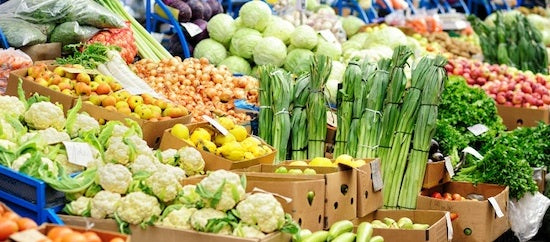I've had several requests to share what I feed my sweet boy(s). Leo is now 6 months old and I've started to slowly experiment with food for him. So far he's had raw zucchini and cucumber, banana (he loves!) and oatmeal with a little breastmilk and GREEN DREAM! I'm so excited to continue to explore and experiment for new Philosophie products with my sweet boys.
Here are some foods that Kai (2 1/2 years old) LOVES.
- Green Dream Smoothie- depends on the day but usually I do the classic recipe with almond butter, cinnamon, spinach/kale and banana. Lately I've been doing a fun tropical one with mango, pineapple, kale, coconut oil and Berry Bliss.
- Cacao Magic Smoothie- (just not too close to bedtime!) i always add leafy greens to this smoothie... so easy to sneak a lot in because it tastes soooo good!
- Goji Berries, Pumpkin seeds and Sunflower seeds as a trail mix. Great for a snack on the go. If your child is younger and doesn't have a lot of teeth, you could process in a food processor until powdery and mix with coconut oil, Berry Bliss and dates to make into a bar by pressing it into a pan and freezing.
- Coconut Butter, Cashew Butter and almond butter- straight from the jar! We both love sharing it that way and it makes it more fun! My favorite brand is Artisana for the butters or Garden of Life for coconut oil. These are "good fats" so don't be afraid of them! SO IMPORTANT for your growing child!
- Frozen lima beans, corn, peas and/or edamame- SO EASY. I just heat up on the stove top and add a little coconut oil or earth balance "butter" with a pinch of sea salt. Frozen veggies get a bad rap but according to the research I've done, most of the time organic veggies are flash frozen at their most ripe stage, preserving most nutrients. "fresh" produce, may have spend days in transit or at the store, so it isn't necessarily better for you.
- Fresh berries-Especially strawberries and blueberries. I just take the entire box of blueberries with us on a walk and let him hold it in the stroller... he LOVES IT. SO much fun to have it all to himself!
- Raw "ice cream"- I blend frozen banana with green dream powder and whatever fruit I'm in the mood for. Sometimes we do a strawberry banana with Berry Bliss powder which is great because it adds protein, most times I do a chocolate one with Cacao Magic. DEEEE-LISH!
- Fresh Coconut Water- he could drink 10 of these if we had them. I am going to start getting them by the case from the Thai Market in Thai Town because it's just ridiculous how many we buy one by one throughout the week.
- Seaweed Nori strips- sometimes we buy the unsalted large sheets, other times we do the small sheets roasted and lightly salted that come in a container. He's happy with either!
- Superfood Protein Truffles- recipe here! So easy, raw, vegan, gluten-free and simple to take in the car and on the go. We all gobble them up so quickly! Next time I'm going to make triple the amount and freeze them so they last longer!
- GREEN DREAM POPSICLES! this was a guest post/recipe from a wonderful, inspiring friend. My soul sister on the other coast! Here's the post if you want the recipe!
I'm SO excited because I finally got the courage to ask the principal to Kai's preschool if I could bring in fresh fruit and veggies and Green Dream and give them a smoothie recipe for all the kids. He eats so beautifully at home and at school it's not "bad" but definitely not superfood rich! So I'll bring some Green Dream in Monday morning and they will blend it up! I'm thrilled.
For more specific tips on sneaking healthy foods into your kids meals, see this post.
What do your kids love that you love? What's super healthy but they beg for it and it makes you secretly smile? Please share below in the comments!
Love,
Sophie, Kai and Leo! <3












